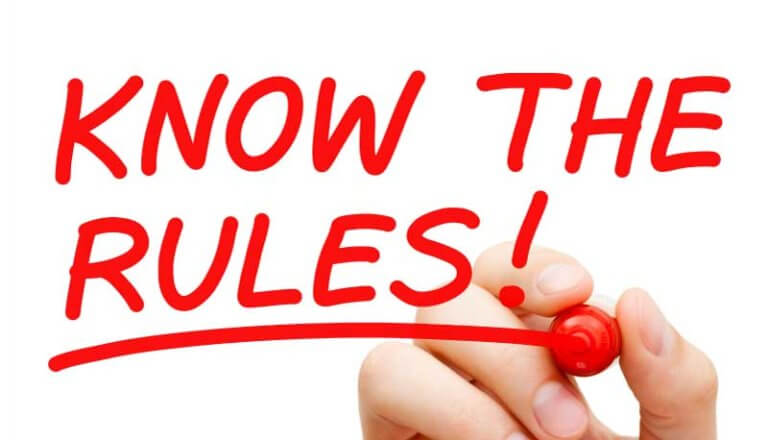A Marketing Strategy is a Must-Have for Success
Ignore the benefits of a solid marketing strategy at your peril!
Marketing cannot be about guesswork: there are real dollars and cents involved and it is perfectly logical to want to be able to evaluate the results from your efforts. However, if your marketing strategy resembles something akin to throwing proverbial cooked spaghetti at the wall and seeing what sticks, you will have a hard time evaluating the results and determining your next best steps.
Strategy and planning is essential for business at every level: human resources, production, management, financials and yes, marketing. Having a fabulous widget for sale isn’t enough. Build it? They won’t come. You wouldn’t sell a product that didn’t work, would you? So why would you spend money on marketing without a strategy in place? This leads us to the next question:
What IS a marketing strategy?
I like this definition: “An organization’s strategy that combines all of its marketing goals into one comprehensive plan. A good marketing strategy should be drawn from market research and focus on the right product mix in order to achieve the maximum profit potential and sustain the business.”
A good strategy will include:
- Current marketing status – where are we now?
- Future marketing objectives and goals for your business – long and short term. In other words: what is your unique selling proposition (USP), how you will get your customers to find out about your the market gap that you are filling and how you will keep them after they have bought from you?
- Knowledge about your target market – details about the who, what, where, when and why of your ideal customer. Key questions? What do they want and when do they want it.
- Success attributes – how you will know if your strategy and consequent plan have been successful. Is it just about sales numbers or is it also about re-buying / retention?
How is a marketing strategy different from a plan?
The strategy is how you understand what you need to achieve from your marketing and what your message is. The plan is how you are going to action it. A plan without a strategy is like a cart without a horse.
An example of what I mean? You cannot decide that you will invest heavily in social media marketing if you don’t already know that this is where your customers shop. If your customers aren’t on social media, it’s a wasted effort and your carefully executed plan will generate little to no ROI.
Things to include in a plan:
- Budgets
- Deadlines / cycles for reaching your customer
- Advertising mediums – digital platforms, print, TV, trade shows…
A real world example
If you think that only small businesses are likely to make the kind of mistakes that lack of strategy and planning create, you’re wrong. Nokia is a perfect example. While the company still exists and plans a return to the smartphone marketplace in 2016, their previous failures are a startling example of why strategy is essential.
When they were purchased by Microsoft, there was a period where they lost their focus on their unique selling proposition that they had held for years as a traditional cellular technology company. Essentially, they didn’t have a USP, or if they did, nobody knew about it.
If nobody – including you as the business owner – knows what you’re selling, why you’re selling it and how it’s better than the other guy’s product, there is no chance of any marketing effort being successful.
Nokia didn’t listen to their target market customers. They didn’t innovate and instead adopted Windows technology that was already a generation behind Apple and Samsung / Android. There was no gap being filled by their product, or if there was, nobody knew about it and as a result, their marketing strategy became very random and unfocused.
Understanding the ‘why’ before you engage in the ‘how’ is what marketing strategy is all about. Having one will help you prevent costly marketing missteps.








